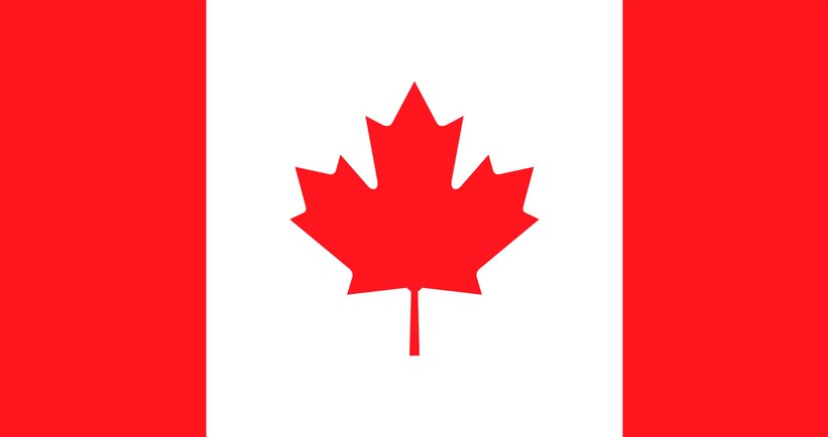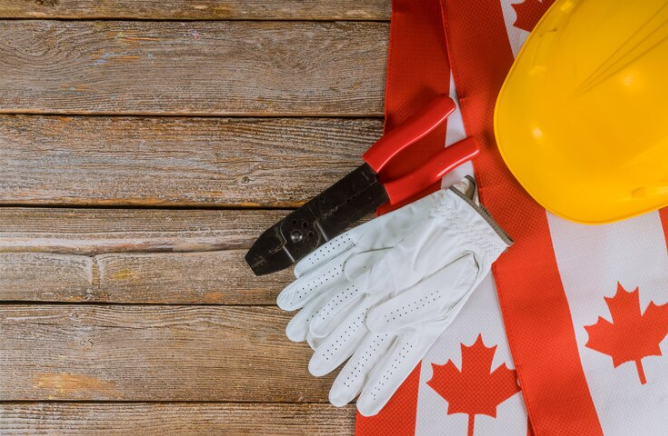Canadian Statutory And Federal Holidays: In Canada, there are special days throughout the year when people across the country have a day off from work or school. These days are called statutory holidays. They are made by-laws at both the federal and provincial levels.
Importance of Canadian Statutory And Federal Holidays Holidays
Statutory holidays are important for people to relax, spend time with family, and celebrate cultural events. They provide opportunities for relaxation, reflection, and enjoyment.
Federal holidays
Federal holidays are celebrated across the country and are important to all Canadians. These include holidays such as New Year’s Day, Canada Day, and Labor Day, which mark important events in Canadian history and culture.
Provincial holidays
In addition to federal holidays, each province may have its unique holidays. For example, Family Day in some provinces or British Columbia Day in British Columbia. These holidays often reflect the cultural heritage and traditions of the region.
Cultural and historical significance
Many statutory holidays have cultural or historical significance. For example, Canada Day celebrates the country’s confederation, Labor Day honors the contributions of workers, and Thanksgiving Day gives thanks for the harvest.
Commemoration and reflection.
Holidays like Memorial Day provide opportunities for remembrance and reflection. They honor the sacrifices of veterans and serve as reminders of important historical events.
Community and celebration
Holidays also bring communities together for celebration and festivities. People gather for parades, fireworks, and special events to celebrate national pride, cultural heritage, and community spirit.
List of Statutory and Federal holidays in B.C. in 2024
New Year’s Day (January 1): People around the world celebrate New Year’s Day as the beginning of the calendar year. They throw parties, watch fireworks, and follow different cultural traditions. It’s a time to reflect on the past year and set goals for the coming year.
People around the world celebrate New Year’s Day as the beginning of the calendar year. They throw parties, watch fireworks, and follow different cultural traditions. It’s a time to reflect on the past year and set goals for the coming year.
Family Day (February 19): Family Day emphasizes and celebrates the importance of family relationships. Families spend quality time together, engage in activities, and strengthen their bonds.
Good Friday (March 29):
Christians celebrate Good Friday as the day Jesus Christ was crucified and died on Calvary. They celebrate it with solemnity and prayer, attending church services and meditating on Christ’s sacrifice.
Victoria Day (May 20): Canada celebrates Queen Victoria’s birthday on May 24 with Victoria Day, a public holiday. It marks the unofficial start of summer with fireworks, parades, and community events.
Canada Day (July 1): Canada celebrates its confederation on July 1, 1867 with Canada Day. It is a national holiday with patriotic displays, concerts, and fireworks reflecting Canadian identity and unity.
British Columbia Day (August 5):
British Columbia celebrates its unique heritage, culture, and natural beauty on this provincial holiday. Festivals include community events, outdoor activities, and cultural performances.
Labor Day (September 2): Labor Day honors the contributions and achievements of workers. It is celebrated with parades, picnics, and events, highlighting the importance of fair treatment in the workplace.
National Day of Truth and Reconciliation (September 30): This new federal holiday in Canada recognizes and commemorates the tragic legacy of residential schools promoting reconciliation with Indigenous peoples.
Thanksgiving Day (October 14): On Thanksgiving Day, people give thanks for the past year’s harvest and blessings, celebrating with festive foods and expressions of gratitude.
Remembrance Day (11 November): Commonwealth countries remember fallen soldiers on Remembrance Day. Ceremonies, moments of silence, and wearing red poppies symbolize remembrance.
Christmas Day (December 25): Christians around the world celebrate Christmas as the birth of Jesus Christ. They come together for prayers, festive meals, exchanging gifts, and spreading love and goodwill.
Frequently Asked Questions (FAQs) on Canadian Statutory and Federal Holidays
What are the statutory holidays for 2024 in BC?
2024 statutory holidays in BC include New Year’s Day, Family Day, Good Friday, Victoria Day, Canada Day, BC Day, Labor Day, National Truth and Reconciliation Day, Thanksgiving Day, Remembrance Day, and Christmas Day.
What are the Canadian holidays in 2024?
The 2024 Canada holidays are the same as this year’s statutory holidays in BC.
What is the list of legal holidays in BC, Canada?
The list of legal holidays in BC, Canada includes New Year’s Day, Family Day, Good Friday, Victoria Day, Canada Day, BC Day, Labor Day, National Truth and Reconciliation Day, Thanksgiving Day, Remembrance Day, and Christmas.
How much statutory holiday do BC workers get?
BC workers get 10 statutory holidays each year.
What is holiday pay in BC?
In BC, holiday pay is the amount an employer pays an employee when they are taking time off work for a holiday. This is usually a percentage of the employee’s total wages during the year.
Who is eligible for statutory holiday pay in BC?
In BC, most employees are eligible for statutory holiday pay if they have worked and earned wages for at least 15 of the 30 calendar days preceding the statutory holiday.


